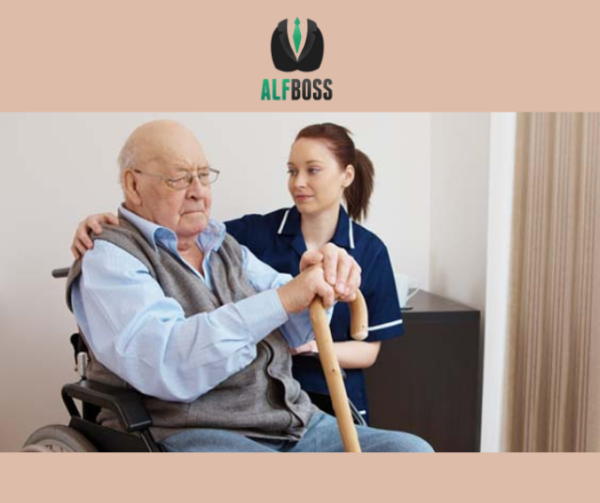
Unfortunately, there will be residents in the assisted living facility that may exhibit aggressive behaviors. Many times, they are unable to control these behaviors which are caused by a certain medical diagnoses such as dementia, anxiety, TBI or even a urinary track infection. Due to the difficulty of providing care to a resident who is displaying aggression the Virginia DOSS has issued the following regulation in regard to training your care staff:
22VAC40-73-270. Direct care staff training when aggressive or restrained residents are in care.
The following training is required for staff in assisted living facilities that accept, or have in care, residents who are or who may be aggressive or restrained:
- Aggressive residents
- Direct care staff shall be trained in methods of dealing with residents who have a history of aggressive behavior or of dangerously agitated states prior to being involved in the care of such residents.
- This training shall include, at a minimum, information, demonstration, and practical experience in self-protection and in the prevention and de-escalation of aggressive behavior.
- Restrained residents.
- Prior to being involved in the care of residents in restraints, direct care staff shall be appropriately trained in caring for the health needs of such residents.
- This training shall include, at a minimum, information, demonstration, and experience in:
(1) The proper techniques for applying and monitoring restraints;
(2) Skincare appropriate to prevent redness, breakdown, and decubiti;
(3) Active and active-assisted range of motion to prevent contractures;
(4) Observing and reporting signs and symptoms that may be indicative of obstruction of blood flow in extremities;
(5) Turning and positioning to prevent skin breakdown and keep the lungs clear;
(6) Provision of sufficient bed clothing and covering to maintain a normal body temperature;
(7) Provision of additional attention to meet the physical, mental, emotional, and social needs of the restrained resident; and
(8) Awareness of possible risks associated with restraint use and methods of reducing or eliminating such risks.
- The training described in subdivisions 1 and 2 of this section shall meet the following criteria:
- Training shall be provided by a qualified health professional.
- A written description of the content of this training, a notation of the entity providing the training, and the names of direct care staff receiving the training shall be maintained by the facility except that, if the training is provided by the department, only a listing of direct care staff trained and the date of training are required.
- Refresher training for all direct care staff shall be provided at least annually or more often as needed.
- The refresher training shall encompass the techniques described in subdivision 1 or 2 of this section, or both.
- The refresher training shall meet the requirements of subdivision 3 of this section.
Top Takeaway:
- This training shall include, at a minimum, information, demonstration, and practical experience in self-protection and in the prevention and de-escalation of aggressive behavior
When providing care for residents displaying aggressive behavior it is at the utmost importance to deescalate any situation that could be grounds for either the staff member or resident to be injured. Deescalating these instances can avoid your facility being penalized for abuse allegations if things were to go south.